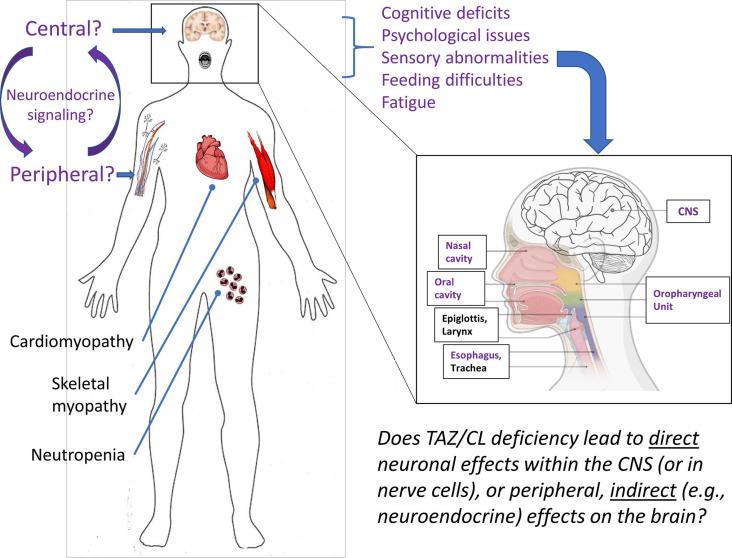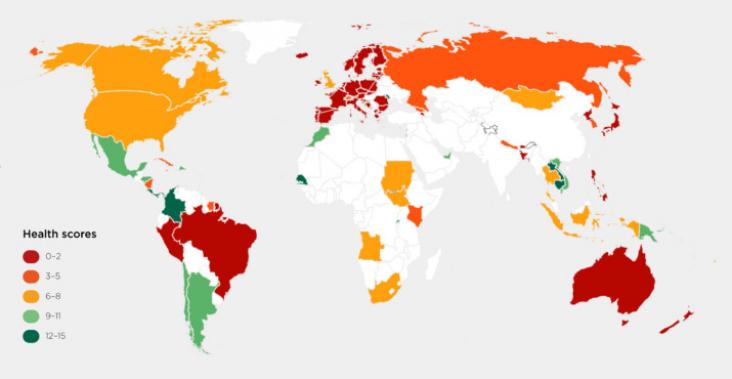Understanding the cause and functional consequences of MINCR deregulation gives important insights on potential pathogenetic mechanisms both in cancer and in neurodegeneration.

Barth syndrome (BTHS) is a rare X-linked multisystem mitochondrial disease. It is caused by variants of the TAFAZZIN gene leading to abnormal cardiolipin. Normal cardiolipin is crucial for proper mitochondrial structure and function. This article reviews the little-discussed, but significant neuro/psychological aspects of BTHS and discusses potential pathogenic mechanisms and avenues for further research.
As both COVID-19 and climate change crises converged and even contributed to each other, a much older crisis reemerged: structural racism and the policy stagnation that refuses to address it.
An article on treatment for Alzheimer's disease, in the context of SDG 3, focusing specifically on whether an angiotensin II receptor antagonist can reduce brain volume loss.
An article, in the context of SDG 3, analysing the risk of Alzheimer's disease and other dementias across a range of hospital-treated bacterial and viral infections in two large cohorts.

Human health is irrevocably linked to the health of our planet. Failure to address the root causes of climate change will lead to exponential human and ecological harm.
Background: Africa is undergoing both an environmental and an epidemiological transition.
Background: Natural outdoor environments including green spaces play an important role in preserving population health and wellbeing in cities, but the number of deaths that could be prevented by incr
Background: Many states in the United States (US) have introduced barriers to impede voting among individuals from socio-economically disadvantaged groups.
